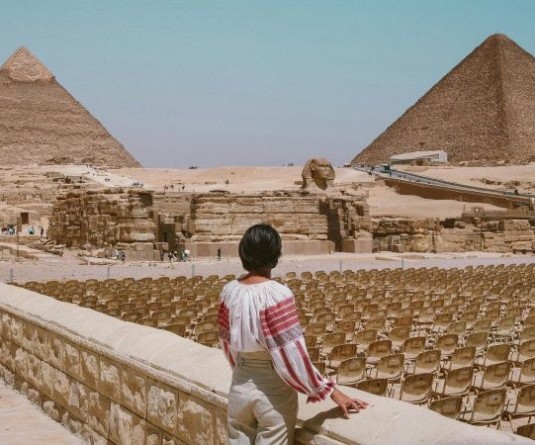The board inside the master's mind
_2.jpg)
By Sukant Deepak
New Delhi, December 12 (IANS) He says that there can sometimes be a complete sense of vacancy even after a major win. And many a times, when something has happened it can pass by very quickly - this happens especially with a victory.
"You have this feeling that you're supposed to be happy, but mentally you've moved on and it doesn't do anything for you. You're satisfied in a good way. You've done what was required, but actually that feeling of happiness you had even during the game when you had not yet won is bigger than the feeling afterwards.
"It's almost like finishing your exams and getting to your school holidays. You feel like you should be incredibly happy, but after a day or two you're just used to it - it's something like that. I have to say, though, that that feeling is only for my wins. My defeats can haunt me for a while afterwards," smiles Viswanathan Anand, the Indian Chess Grandmaster and former World Champion, whose latest book, "Mind Master: Winning Lessons from a Champion's Life" by (as told to Susan Ninan), published by Hachette India is now available on stands and online.
Ask this first Asian to hold the FIDE World Chess Championship holder (2000 to 2002) about how it felt retracing his journey in the book, and he tells IANS: "I think what was interesting was that the wins were pleasant memories and the defeats were just things that happened. Time has healed a lot of these things, and I was able to look back and talk about it all - but in a very detached way."
Not just his life story, but more about what he has learnt from an illustrious career spanning decades, Anand insists that the idea was to keep the book in that form and not turn it into an autobiography.
"Yes, we wanted to take the most meaningful moments in my life, things and experiences that left their strongest imprint- to bring that out and put it together."
For someone who learnt the game when he was six-years-old, Anand remembers that it caught his attention right away. "My mother taught me how to play and I got into it. It continues to be fascinating. I've never really asked myself what it is particularly that I found fascinating to begin with - and continue to. The game itself is immensely interesting to me."
Optimistic that chess has a bright future in India, the country of its origin, he feels that more and more youngsters are now taking interest in it. "There have also been some successful initiatives to get chess into schools, and on top of that a lot of youngsters seem to like the idea of playing it, anyway. So I think that's going to stay and the sport will grow," he adds.
Asked him about his experince of playing with some of the greatest from the erthswhile Soviet Union, including Spassky, Karpov and Kasparov at a young age, and the chess master recounts that though he was already playing in the international circuit for many years before encountering them on the board, and did interact with them.
"In the beginning they must have asked themselves if some of my results were a flash in the pan, and over time they accepted that I was good. I guess they had also slowly started accepting me. In the beginning, a good result would be explained using this term, a �coffee house' player - as in, �it's nice he did this but now comes the serious stuff'. Later on, they became a bit more begrudging, then they became a bit more generous, and I think that's probably the sign that you're fully accepted."
Recounting his encounter with the legendary Bobby Fischer in 2006, two years before his death, Anand, who grew up studying his games elaborates, "I think a whole generation of players, at that point, attempted to play like him. His openings were quite popular then amongst all of us because we were copying them. I met him in 2006.
"I found it enchanting - he still seemed very fascinated by chess. Obviously time takes its toll, but we did get to make some interesting analyses, and I was happy I had met him. I didn't realize at that time that he had only two years left to live. I would say he influenced me even more before I met him than at that time."
One wonders if he still needs to �prepare' before a game� "Well, preparation is�a typical kind of preparation. You do whatever it is that makes you comfortable and ready to play. In the end that's all you really need. This can consist of studying your opponent's game, trying to get a picture of him. I've dealt with this in the book as well. And, well, the most important thing is that you do a lot of training. Sometimes it's just about being in a good mood and being in the right spirit before the game."
Admitting that keeping away stress is the ideal goal, but achieving it is a lot harder than simply deciding to do that , he emphasises on the importance of getting a good night's sleep.
"And that's very important because it means that you've put the events of that day behind you, and you're able to sleep. If you haven't then you will sometimes not fall asleep, you will keep reliving that game, and that's not helpful. And then comes anything which can distract you - if there's some activity you enjoy - maybe watching a movie, listening to music, anything like that, which gets your mind off the game and allows you to sleep"
"In the long term, it's also a good idea to pay a lot of attention to your fitness. When you're not playing, it is good to do things that are enjoyable - go on holidays or spend time with the family - all these things, I think, help you deal with stress."





